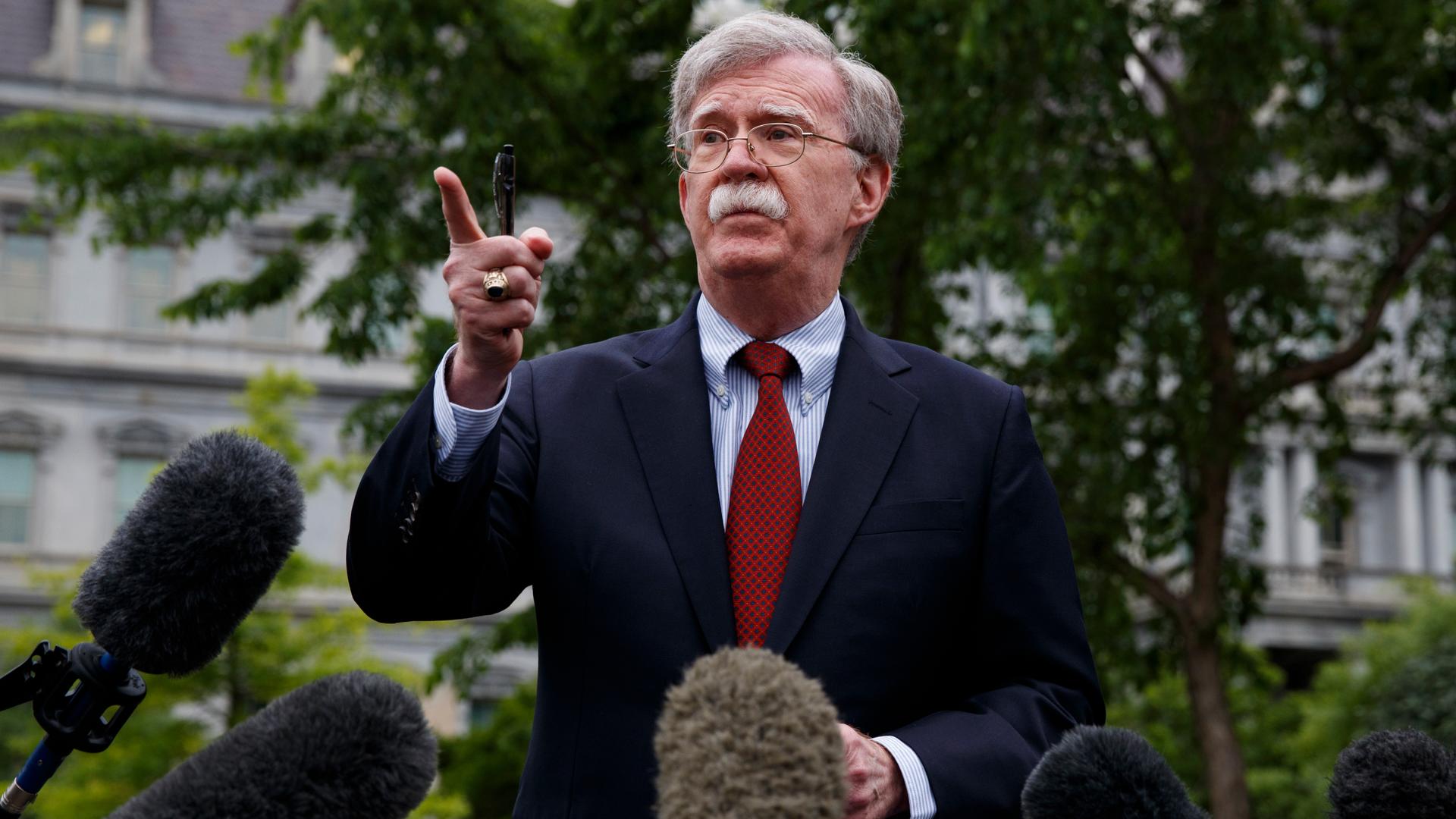Donald Trump has one less hawk in his administration, that much is certain. What is unclear is whether it means a less combative foreign policy with countries like Iran or Venezuela.
On September 10, President Donald Trump ousted John Bolton, his administration’s third and longest-serving national security advisor. The US president stated via Twitter that important differences between Trump and Bolton’s foreign policy positions were the factors behind the latter’s abrupt removal. Bolton claims he resigned.
Pundits believe that Trump’s approaches to North Korea, Russia, Syria, and Afghanistan were the main sources of contention between the two.
Ultimately, Bolton’s departure underscores major divisions among Republicans on foreign policy issues with hawkish conservatives who seek to continue projecting America’s hard-power worldwide pitted against Trump’s “anti-establishment” allies in the GOP who oppose a continuation of intractable wars that the US has waged throughout this century.
The doctrines of George W Bush’s administration, which Republican lawmakers backed with near uniformity in the 2000s, are no longer supported by a GOP consensus.
The firing of Bolton may come with major ramifications for US foreign policy from Venezuela to the Korean Peninsula. Yet the most important questions to ask concerning the Trump administration’s strategies moving forward probably pertain to the Middle East, namely US-Iran relations.
In light of the Afghan talks failing to produce a US-Taliban agreement, the possibility of Trump’s administration not securing a deal with North Korea, trade/tech wars continuing with China, and the “Deal of the Century” almost inevitably set to fail in terms of resolving the Palestinian-Israeli conflict, the prospects for a diplomatic breakthrough with Iran are likely Trump’s last hope for a major diplomatic achievement prior to next year’s presidential election.
Realising that Bolton’s presence in the administration dimmed any hope for such a watershed agreement—or at least some sort of a ‘new understanding’—with Tehran, Iran-related issues possibly explain why Trump ousted him.
After all, Bolton called for regime change in Tehran, which clashed with Trump’s campaign rhetoric in 2015-2016 about avoiding wars and quagmires in the Middle East. While speaking to reporters at the White House following the news of Bolton’s departure, Trump specifically pointed to Bolton’s support for the invasion of Iraq in 2003, which he even blamed him for.
“You know, John’s known as a tough guy. He’s so tough, he got us into Iraq. That’s tough.”
Against the backdrop of much debate in Washington about the wisdom of firing Bolton, Trump’s decision received a strong welcome in Tehran. The day after Bolton’s ouster, Iranian President Hassan Rouhani called on Washington to “put warmongers aside”, signalling the Iranian government’s approval of Trump’s dismissal of his national security adviser.
As a man truly loathed in the Islamic Republic for his reckless New York Times op-ed calling for bombing Iran and his support for the MEK, Bolton’s departure is ‘good riddance’ as the Tehran regime sees it.
At this juncture, there is much speculation about a potential Trump-Rouhani meeting at this month’s UN General Assembly in New York now that Bolton is removed from the US administration. Regardless of whether the American and Iranian presidents meet, Rouhani’s reaction implies that the Tehran regime might see Bolton’s departure as an offramp from US-Iran brinkmanship, possibly with Iranian officials attributing US aggression toward Iran to the ousted national security advisor, rather than Trump or others in his administration.
The 64,000-dollar question is who Trump will pick to replace Bolton. This variable will heavily impact the course of US-Iran relations, as well as the administration’s strategies for addressing the Iranian nuclear deal as well as Tehran’s regional conduct from Yemen to Syria and Gaza to Iraq.
Nonetheless, it is risky to make bold predictions about how Trump will address Iran without Bolton by his side. Furthermore, betting on this administration’s foreign policy becoming less confusing is also unsafe given all the inconsistencies and contradictions which have defined it thus far.
Yet without the hyper-hawkish national security adviser serving the president, Trump will have more manoeuvrability vis-a-vis Iran. The president will have an opportunity to embrace a softer approach toward Tehran that would decrease the risks of a military confrontation erupting the Gulf.
If Trump chooses to make diplomatic overtures to the Islamic Republic, which Bolton consistently opposed, officials in Tehran will be forced to make significant decisions about how to respond. Given that hardliners in Iran are keen not to engage Trump, the prospects for any major improvements in bilateral relations resulting from Bolton’s ouster are complicated.
Ultimately, Trump’s foreign policy decision-making will likely remain brash, unpredictable, and transactional. Yet it must be acknowledged that Bolton’s exit provides an opportunity for the US administration to consider a new course as opposed to continuing with the campaign of “maximum pressure” that has failed to achieve the White House’s goals vis-a-vis Iran.
Author: Giorgio Cafiero
Giorgio Cafiero is the CEO of Gulf State Analytics (@GulfStateAnalyt), a Washington, DC-based geopolitical risk consultancy.
Source










Discussion about this post